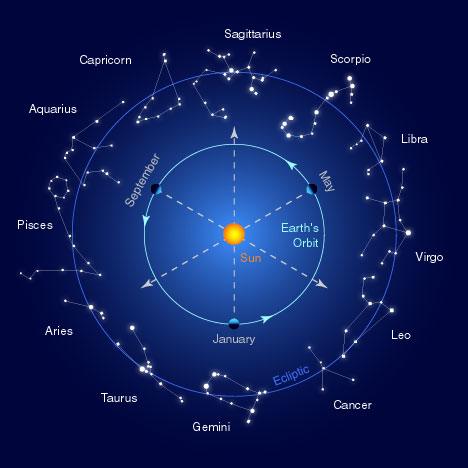Cleostratus of Tenedos
Cleostratus (Greek: Κλεόστρατος; b. c. 520 BC; d. possibly 432 BC) was an astronomer of ancient Greece. He was a native of Tenedos. He is believed by ancient historians to have introduced the zodiac (beginning with Aries and Sagittarius) and the solar calendar.
Greek astronomer, Cleostratus of Tenedos (520-432 BC) who lived rather outside the Ionian zone, made two important contributions to astronomy.
One was an improvement in the calendar, involving a better measure of the solar year. Together with Eudoxus, Cleostratus is credited with trying an 8-year cycle to commensurate the lunar and solar calendars.
Cleostratus proposed in the course of the eight years, to insert three intercalary months, of 30 days each, at the end of the third, fifth and eighth years respectively. He thus got a period of 2922 days, comprising 99 lunar revolutions.
The other was the knowledge of the signs of the zodiac and constellations in it which he introduced from Mesopotamia.
Zodiacal signs are frequently encountered upon Mesopotamia boundary stones and indicate the time of year at which the stones were erected.
[1]













